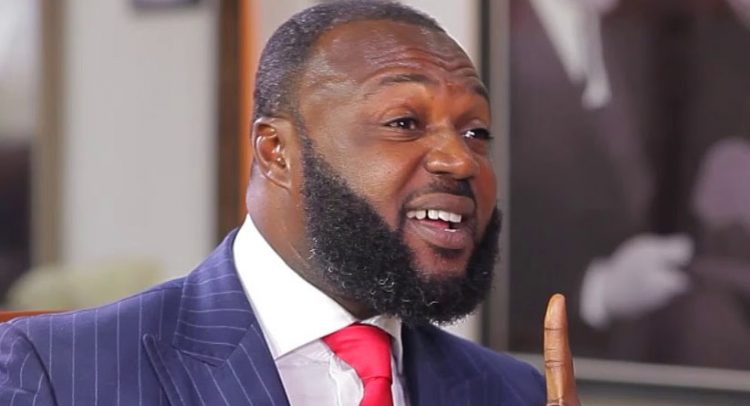William Ato Essien
An official from the Attorney General’s Office yesterday pointed out to the founder and former Chief Executive Officer of defunct Capital Bank, William Ato Essien, that his dishonest appropriation of funds belonging to the bank, led to its insolvency and eventual collapse.
Evelyn Keelson, a Chief State Attorney, during her cross-examination of Mr. Essien, who is on trial for allegedly stealing from the bank, put it to him that he took approximately GH¢200 million from the bank for his personal use.
She also pointed out that Mr. Essien took about GH¢200 million out of the GH¢620 million liquidity support that Capital Bank received from the Bank of Ghana between 2015 and 2016, which was used in the setting up of Sovereign Bank and the completion of the establishment of Ocean Spring, another company belonging to the accused.
Mr. Essien, however, denied the allegations and claimed that he is currently on trial for offences amounting to GH¢157.5 million which he did not appropriate for his personal use, except the GH¢27.5 million which he legitimately earned, and had the right to use it the way he pleased.
Trial
Ato Essien, alongside the defunct bank’s former Managing Director, Fitzgerald Odonkor, together with Tetteh Nettey, a former Managing Director of MC Management Service owned by Mr. Essien, have been charged with 23 counts of conspiracy, stealing and money laundering.
The three (3) are alleged to have misappropriated the GH¢620 million liquidity support given to the private bank by the Bank of Ghana (BoG), to enable it to service its maturing debts.
He opened his defence and denied dishonesty taking money from the bank and maintained that the monies were legitimate investments made by Capital Bank at the time.
No Role
Mrs. Keelson, continuing her cross-examination of Ato Essien, put it to him that he did not play any role in Capital Bank securing the GH¢620 million liquidity support for which reason he was given GH¢27.5 million as business promotion.
The accused said he played a role of transaction advisor in the acquisition of the liquidity support, which was why he was paid GH¢27.5 million as what he described as finder’s fee for the GH¢620m from the Bank of Ghana for Capital Bank.
In an attempt to prove that he played a role in the acquisition of the money, he said the BoG initially gave the bank GH¢150 million in June 2015, the second tranche of GH¢150 million was in September 2016, while the third tranche of GH¢450 million was paid in August 2016.
But Mrs. Keelson immediately pointed it out to the accused that the contradictory answers he gave in his answers which totaled GH¢750 million clearly showed that he did not play any role as transaction advisor, neither did he play any role in the acquisition of the GH¢620 million liquidity support.
Mr. Essien quickly changed his answer and said, “I was the transaction advisor. If my memory reference is what prosecution refers to as inconsistency, I will be happy to clarify that the first loan requested was not GH¢150 million. It was GH¢300 million. However, the Central Bank approved GH¢150 million. The second request was GH¢400 million. However, the Central Bank approved GH¢300 million. The third liquidity request was GH¢450 million. However, the Central Bank approved only GH¢170 million and that cumulatively is GH¢620 million. My Lord, I know so because I was the transaction advisor.”
Board Approval
Although Mr. Essien claims that there was board approval for Capital Bank to pay him GH¢27.5 million as finder’s fee, but Mrs. Keelson put it to him that there was no such board approval and challenged the accused to show any documentary evidence of such board approval.
The accused said there was no documentary evidence but an oral agreement is as good as a written agreement.
He was made to read his own statement to the police in which he said there was no need for board approval, and further explained to the court that “Management approval is a tacit approval for the servant of the bank. The clarification here is when EOCO had demanded a documentary engagement of the role I played and in my answer to that I had said management’s oral agreement was all that I needed to proceed to find the bank the money and not the case of board approving payment of finder’s fee.”
BY Gibril Abdul Razak


